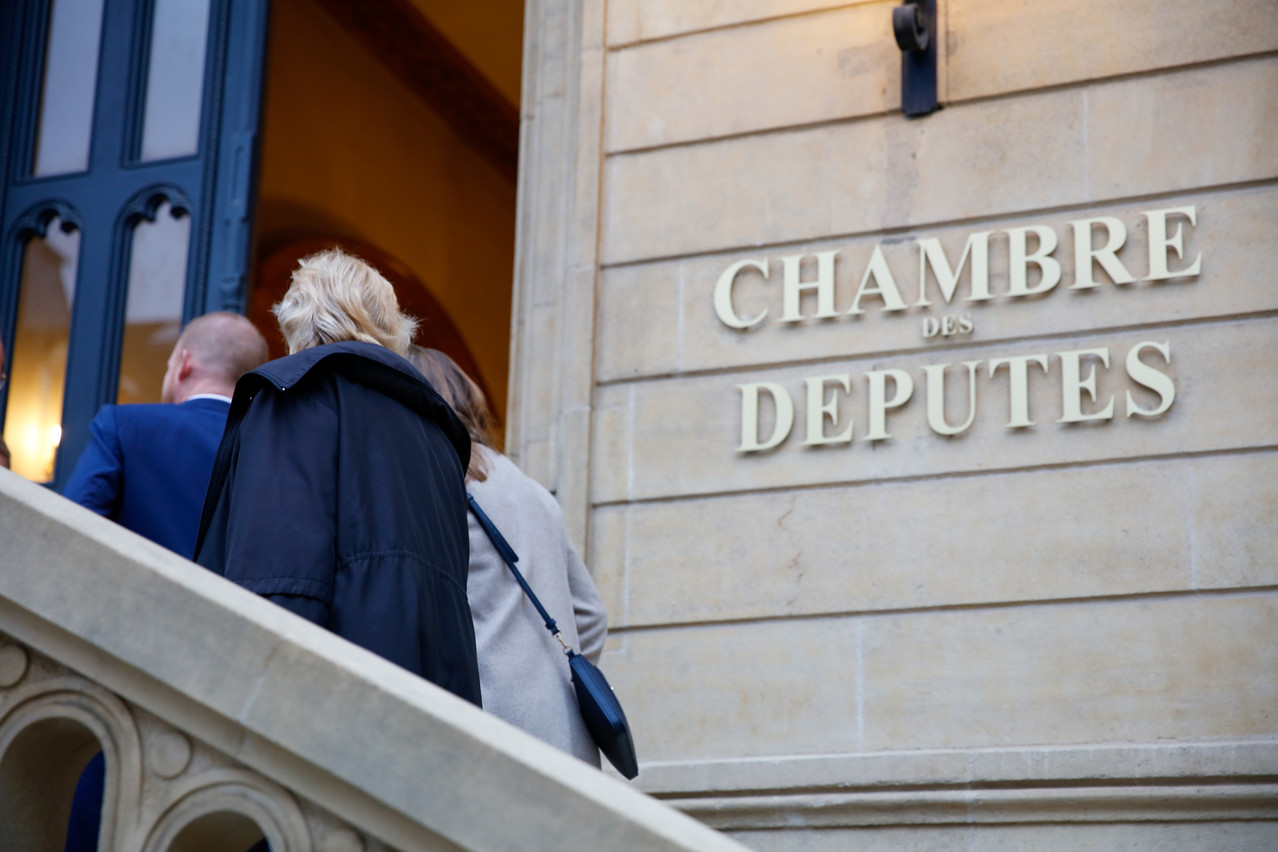Members of parliament on Tuesday passed the 26th edition of covid-19 laws that regulate pandemic restrictions and measures with a narrow majority of 31 out of 60 votes. The bill was carried by the government parties--DP, LSAP and Déi Gréng--and rejected by the opposition.
Under the new rules, the vaccination certificate of a first vaccination schedule is valid for nine months, in line with an EU decision from December. It becomes valid for an as of yet unlimited period after a booster shot. This is likely to change as more scientific evidence becomes available and EU countries seek a joint deadline.
In addition, people who completed their first vaccination schedule less than six months ago will be exempt from carrying out the additional self-test, as are people with a recovery certificate--valid for six months--or those with a booster dose.
Claude Wiseler (CSV) said this measure contradicts other policies, such as reducing the delay to get a booster shot from six to three months. If a booster is needed to improve immunity three months after vaccination, why then exempt people with an older vaccination certificate from the rapid antigen test, Wiseler asked.
Rapid antigen tests will also play a crucial role to end isolation after becoming infected. For people who have received a booster jab, were vaccinated less than six months ago or were infected before less than six months ago, the duration of isolation is being reduced from ten to six days, provided that self-tests on day five and six are negative.
Last year, as part of CovidCheck, the government had moved to allow only certified rapid antigen tests for access to restaurants and other activities. And certified tests will be required for the CovidCheck regime in the workplace that becomes mandatory on 15 January. But self-tests are now sufficient to exit isolation, Wiseler said.
His concerns were echoed by Déi Lénk and the Pirate Party. Nathalie Oberweis (Déi Lénk) said that the constantly changing measures were causing confusion among those who have to implement them. Sven Clement (Pirate Party) on the other hand said that much more widespread testing is needed to help stem the omicron wave. All parties urged the government to make free rapid antigen tests available to the population.
Health minister Paulette Lenert (LSAP) admitted that test facilities were reaching their limits, amid reports of long queues and waiting times. At the same time, rapid antigen tests are flying off the shelves around the world and manufacturers are struggling to keep up with demand.
The state council on Monday had been critical of the government’s plans to seemingly ease measures amid an exploding number of new cases.
Reducing the isolation period for people who are vaccinated with a booster shot could prove essential in the weeks ahead, however. The World Health Organisation on Tuesday said the omicron variant could infect half of Europe’s citizens in the coming eight weeks.
While the number of patients in hospital in Luxembourg has remained largely stable--pointing to protection from vaccination and a milder form of illness--extended isolation periods could bring essential sectors of the economy to a standstill.
The new rules will remain in place until the end of February unless further amendments are made before this time.
